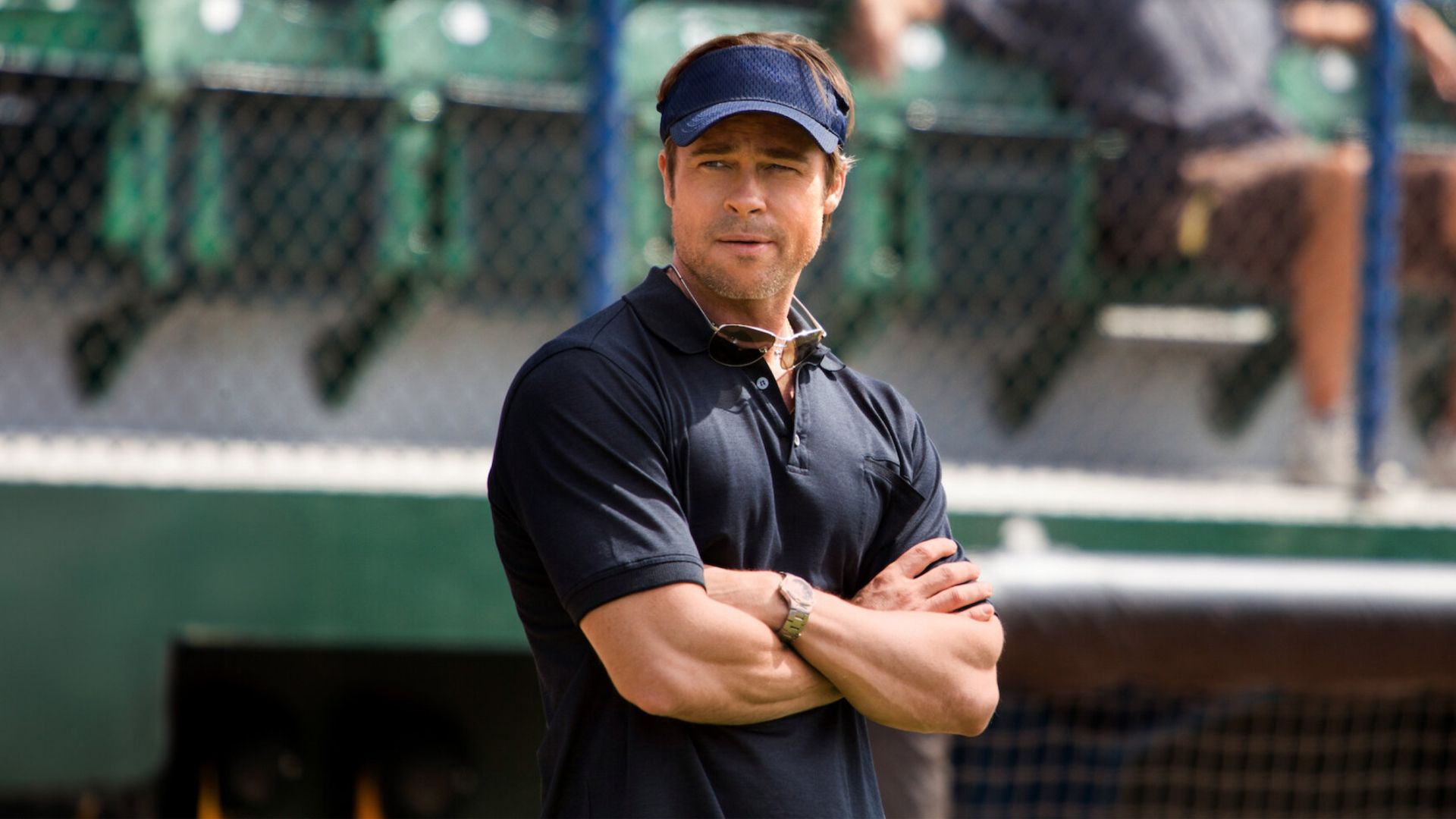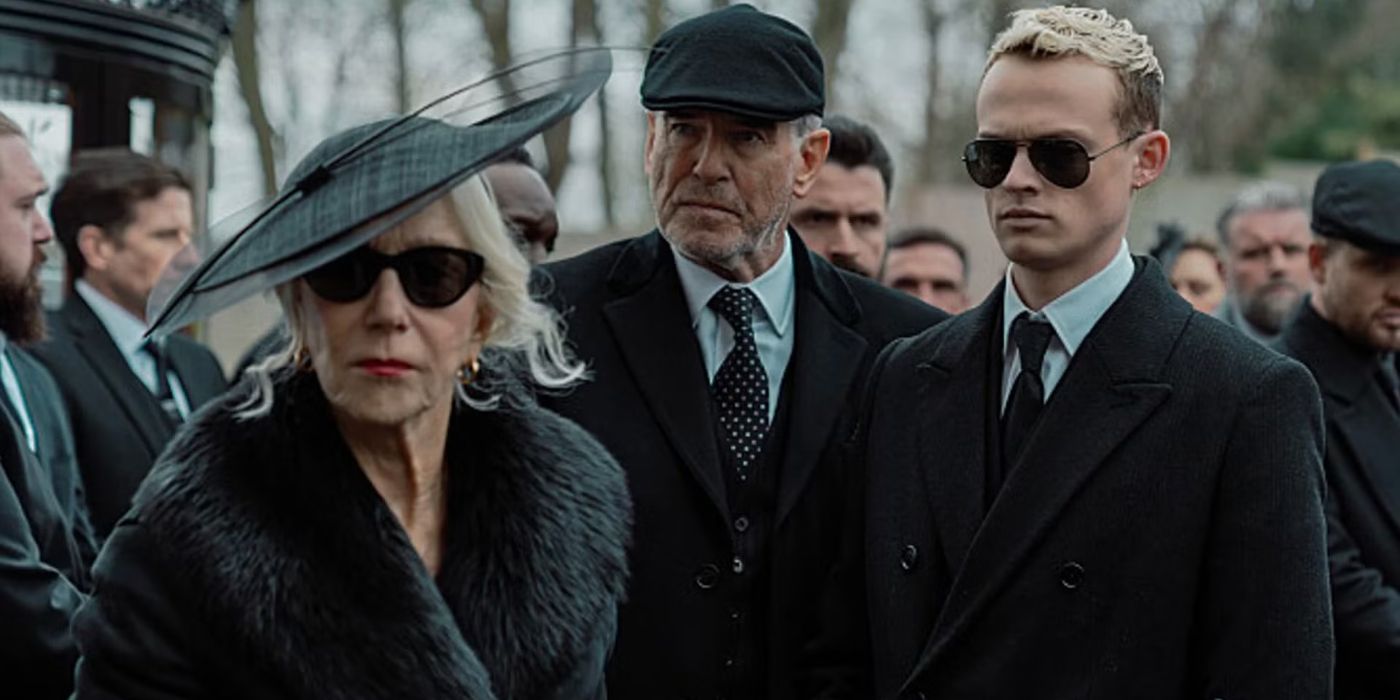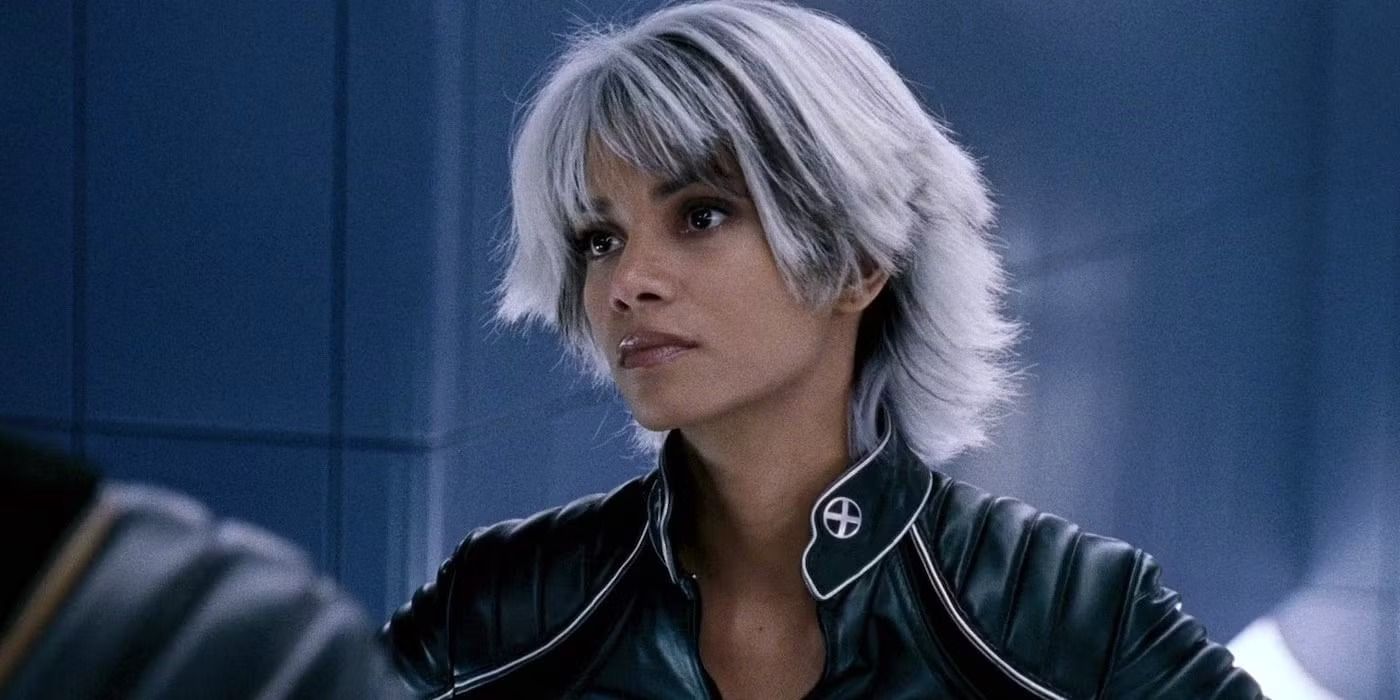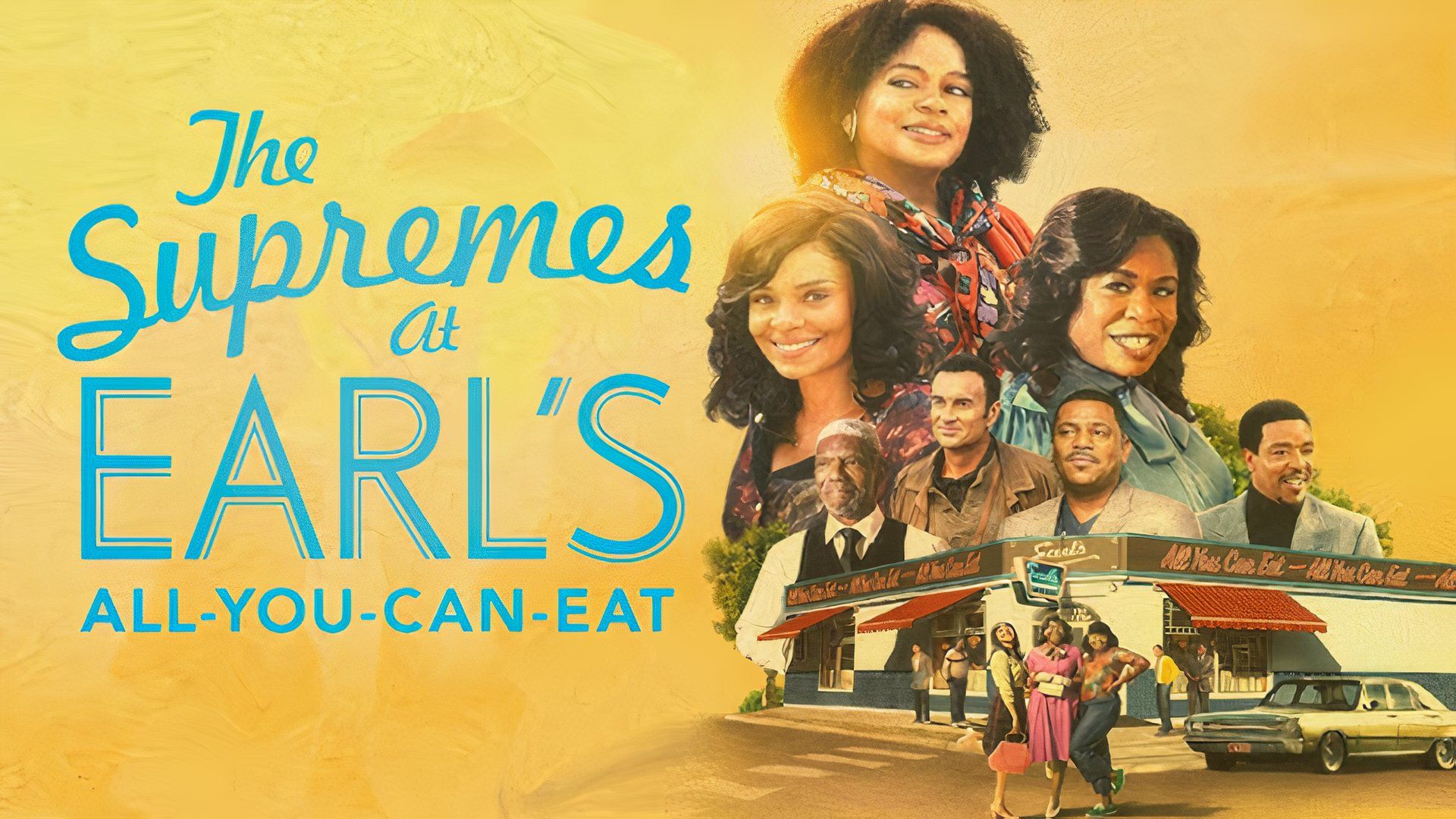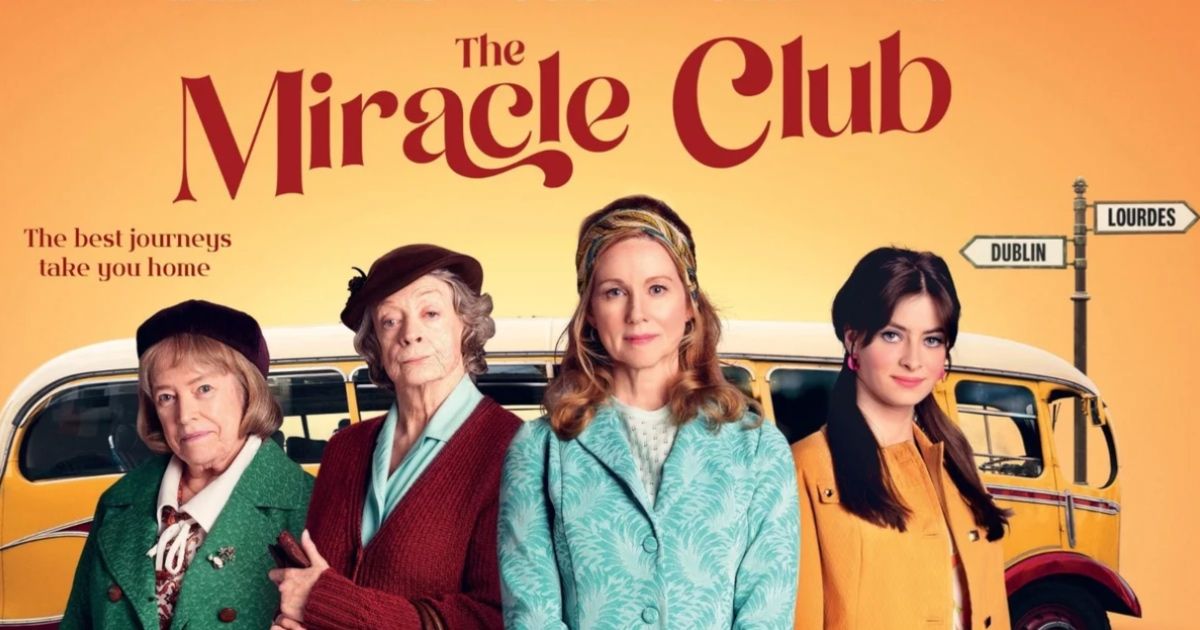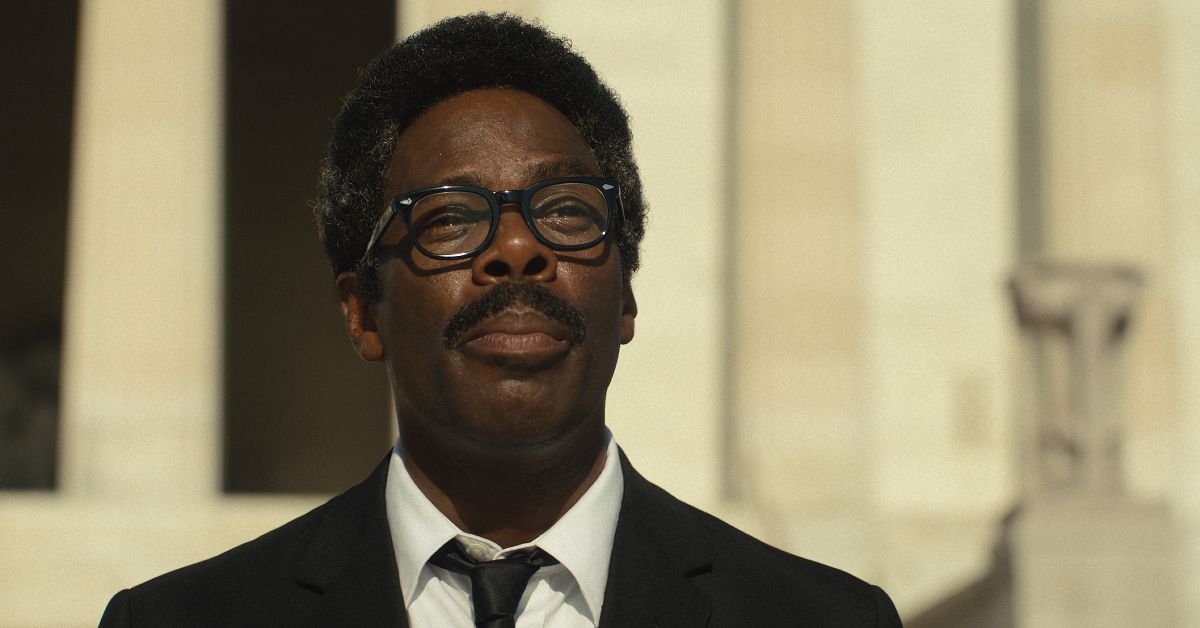Summary
- The film portrays the undying friendship between three Black women through the joys and sorrows of life.
- Strong performances by the ensemble cast add depth to the emotional narrative of friendship and support, which helps us forget about the movie’s empty supporting characters and weak attempts at humor.
- Despite some Lifetime Movie-style moments, the film’s heartwarming portrayal of enduring friendship shines through all the melodrama.
The Supremes at Earl’s All-You-Can-Eat chronicles decades of friendship between three very different Black women. The narrative jumps back and forth from their teenage years to the turn of the 21st century with laughter, tragedy, and crises galore blended like a malted milkshake. A tear or two may be shed as the film pours melodrama on thick in a Lifetime movie of the week fashion, which doesn’t help the long runtime, intermittent pacing, and cookie-cutter supporting characters. That said, both leading ensembles are endearing and fill the screen with palpable heart. The besties love and care for each other through good times and bad.
Young Hopeful Girls Form a Supreme Friendship
In 1999, Plainview, Indiana, a cancer-stricken Odette (Aunjanue Ellis-Taylor) lays beneath a Sycamore tree. She remembers the tale of her birth 50 years ago. Her mother, tired of being pregnant after 10 long months, pays a witch to speed up the process. She’s instructed to climb a tree to send baby Odette plunging into the world. The film frames Odette as tough and capable from her first breath.
18 years later, teenage Odette’s (Kyanna Simone) domineering mother forces her and Clarice (Abigail Achiri), a talented concert pianist, to bring fried chicken to a deceased neighbor’s wake. The girls are stunned to find nobody there but a fearful Barbara Jean (Tati Gabrielle) in the clutches of her vile stepfather. Odette realizes they cannot leave the timid girl after her mother’s death.
Odette and Clarice take Barbara Jean to Earl’s All-You-Can-Eat diner. She meets Richmond, Clarice’s football star boyfriend, and James, his shy best friend, who loves Odette but is totally intimidated by her. Odette informs Big Earl (Tony Winters) of the horrible situation Barbara Jean faces at home. Big Earl and his wife decide to take Barbara Jean in on the spot. Big Earl calls the trio of young hopeful girls the Supremes, after the famous Motown group headlined by Diana Ross.
This Movie’s Melodrama Is Thick as Molasses
Adapted from the bestselling novel by Edward Kelsey Moore, the girls’ lives intertwine as each face a rocky road to maturity. Sanaa Lathan and Uzo Aduba co-star as the adult Barbara Jean and Clarice. Their hopes and dreams are often put on hold as they make pivotal decisions that steer their future in the wrong direction. Odette, who narrates the story, contemplates the ups and downs with an equal mixture of humor and regret. The Supremes don’t know about her cancer diagnosis as she helps them get over significant hurdles.
There’s a lot going on here. Director Tina Mabry (Mississippi Damned, the OWN series Queen Sugar) explores each character and the events that shape them in great detail. One example has race becoming a factor when teenage Barbara Jean falls in love with Ray (Ryan Paynter), a white busboy that the kind Big Earl has given a job and allowed to sleep in the store room. He’s also the product of abuse and suffers at the hands of the town’s racist menace. Ray’s drunken brother, Desmond (Jesse Gallego), makes a sport of chasing Black people in his truck. Odette and Clarice warn Barbara about the dangers of an interracial romance.
We witness the aftermath of events that took place years earlier. The ill-fated romance between Barbara Jean and Ray is just one of several sticky situations the friends were embroiled in. This is where the film strays into contrivances and predictability. Matches lit in their youth explode into brush fires as time progresses. These scenes are supposed to be the most dramatic and touching but feel artificial.
Decades of Friendship Portrayed in Empowering Ways
Mabry, who also co-wrote the script, wants to make a point of dreams unrealized through fear and complacency. The characters are haunted by the regret of not pursuing what made them happy. They, of course, get a second chance as adults to correct these mistakes. Hence, the Lifetime soap opera allows for a happy do-over.
The Supremes at Earl’s All-You-Can-Eat uses silly side characters to balance the drama with humor. One extended gag concerning Big Earl’s second wife runs painfully dumb throughout. Thankfully, the talented leads of Hollywood veterans and bright newcomers overcome this with genuine comic chemistry. Simone is a hoot as young Odette, with Ellis-Taylor picking up the baton into adulthood. Their no-nonsense, unbridled delivery of harsh truth will have you laughing out loud. Mabry would have helped the sluggish second act by trimming the goofy rubbish and keeping Odette’s withering takedowns central.
The Supremes at Earl’s All-You-Can-Eatchecks the girl power box in an empowering and uplifting way. Odette, Clarice, and Barbara Jean have an unbreakable bond. They argue and can be hurtful, but never fail to be supportive when needed. The value of true friendship is never understated, and its honest portrayal elevates the film through several clunky bits.
The Supremes at Earl’s All-You-Can-Eat is a production of Temple Hill Entertainment and Searchlight Pictures. It is currently available to stream on Hulu. You can watch through the link below.
You can view the original article HERE.




